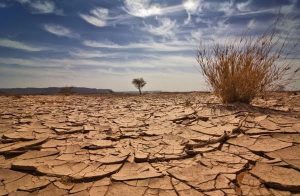Solar power footprints in Nigeria has been slow but progressive, indicating its gradual and encouraging acceptance in the country, the minister of power, Mr. Babatunde Fashola, has said.
Speaking at the third edition of the annual National Council on Power (NACOP) in Jos, Plateau State, Fashola, stated that the advancement in solar footprints in Nigeria was propelled by individual efforts as well as that of government.
“The solar foot print is growing slowly but surely, not just because of what the FGN is doing but because of what Nigerians are doing in their states,” said Fashola in his opening remarks.
According to him, the government has recognised the need to promote power generation through solar sources, and in this regards accorded it a significant place in its recently approved Power Sector Recovery Programme (PRSP).
The PRSP, he explained would support and sustain developments in solar power and renewable energy sectors of the country.
He said: “Our role as governmental institutions at federal and state levels is to implement the laws, enunciate policies and take actions that help the private sector play its part effectively.
“Our roles in this regard are well set out in the Electric Power Sector Reform Act 2005 pursuant to which the privatisation of the power sector took place. The issuance of mini-grid regulations by NERC in August of 2017 to allow people provide their own power from 1KW-1 MW and ease the pressure on grid distributed power and improve access to power is a requirement of section 62(2) of the law.”
“The constitution of the board and management of the Rural Electrification Agency by President Buhari in March 2017, to deepen access of rural communities to power and champion deployment of solar power is in accordance with section 88(1)-(4) of the law.
“These are some of the reform actions contained in the Power Sector Recovery Programme being undertaken at federal government level,” Fashola added.





